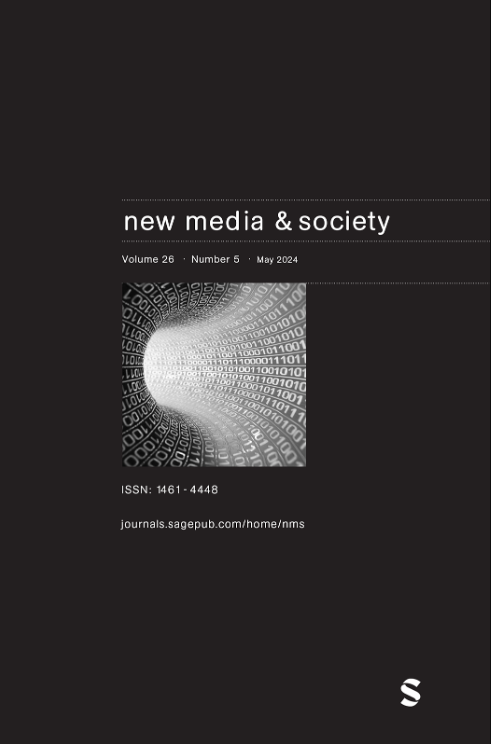同意资本:从浪漫主义的“阿尔法男性原型”到后数字叙事的新文化理论
IF 4.3
1区 文学
Q1 COMMUNICATION
引用次数: 0
摘要
这篇文章引入了“同意资本”的概念,以分析浪漫主义写作和阅读如何成为政治话语的场所。浪漫主义是当代图书平台上的主要书籍类型,经常因其年轻女性群体和“琐碎”性质而受到批评。根据20世纪80年代以来对浪漫主义的女权主义研究,以及关于同意文化和文化资本的理论,该分析追溯了浪漫主义在后数字时代身体政治叙事中的作用,尤其是在2016年之后。本文以丽贝卡·亚罗斯(Rebecca Yarros)的《九天》(Empyrean)系列为例,通过对当代浪漫主义系列的比较分析,并以“阿尔法男性原型”为重点,认为同意、身体自主和创伤的概念已经转化为一种文化资本形式,在社交媒体平台上被积极实践,也被讨论和美学反映。在后数字叙事中,它为像BookTok这样的“各方”的文化价值辩论和商品化策略提供了信息,在这里,浪漫主义对同意资本的虚构重新谈判与“全球北方”国家当前关于“同意”的政治、法律和文化辩论交织在一起。本文章由计算机程序翻译,如有差异,请以英文原文为准。
Consent capital: From Romantasy’s “Alpha male archetypes” toward a new cultural theory in post-digital storytelling
The article introduces the concept of “consent capital” to analyze how writing and reading romantasy, a leading book genre on contemporary bookish platforms often criticized for its young female communities and “trivial” nature, has become a site for political discourse. Drawing on feminist research on romance since the 1980s, and theories on consent culture and cultural capital, the analysis traces romantasy’s role in the post-digital storytelling of body politics, particularly after 2016. Through a comparative analysis of contemporary romantasy series, exemplified by a case study on Rebecca Yarros’s Empyrean series and a focus on “alpha male archetypes,” the article argues that notions of consent, bodily autonomy, and trauma have been transformed into a form of cultural capital, which is actively practiced, but also discussed and aesthetically reflected upon on social media platforms. In post-digital storytelling, it informs cultural value debates and commodification strategies on “sides” like BookTok, where romantasy’s fictional renegotiations of consent capital intersect with the current political, legal and cultural debates on “consent” in countries in the “Global North”.
求助全文
通过发布文献求助,成功后即可免费获取论文全文。
去求助
来源期刊

New Media & Society
COMMUNICATION-
CiteScore
12.70
自引率
8.00%
发文量
274
期刊介绍:
New Media & Society engages in critical discussions of the key issues arising from the scale and speed of new media development, drawing on a wide range of disciplinary perspectives and on both theoretical and empirical research. The journal includes contributions on: -the individual and the social, the cultural and the political dimensions of new media -the global and local dimensions of the relationship between media and social change -contemporary as well as historical developments -the implications and impacts of, as well as the determinants and obstacles to, media change the relationship between theory, policy and practice.
 求助内容:
求助内容: 应助结果提醒方式:
应助结果提醒方式:


